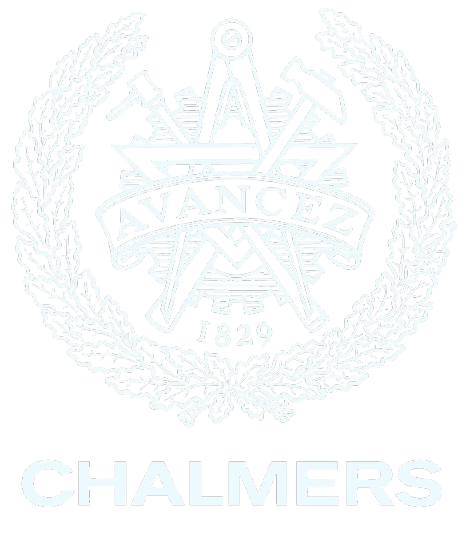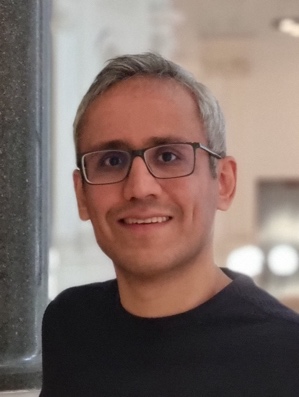 Machine Learning & Decision Making Lab
Machine Learning & Decision Making Lab

The Machine Learning and Decision Making Lab (ML&DM Lab) is based in the Data Science and AI division in the Department of Computer Science and Engineering (CSE) at Chalmers University of Technology, Gothenburg, Sweden. The lab, led by Morteza Haghir Chehreghani, conducts research in different areas of machine learning and AI-enabled decision making.
Our research spans both the foundations of machine learning and decision making as well as real-world applications, aiming to push the boundaries of machine learning while addressing practical challenges across diverse domains such as transport, energy, life sciences, autonomous systems, recommendation systems, and decision support systems. Our current research focuses on the following topics:
Our research is supported by Swedish Research Council (VR), Vinnova, and WASP (Wallenberg AI, Autonomous Systems and Software Program).




Morteza Haghir Chehreghani
Professor
Morteza is a Professor of Machine Learning in the Data Science and AI division, Department of Computer Science and Engineering, Chalmers University of Technology, where he leads the Machine Learning and Decision Making Lab (ML&DM Lab). Morteza received his Ph.D. in Computer Science from ETH Zurich, Switzerland, in 2014, under the supervision of Prof. Dr. Joachim M. Buhmann at the Institute for Machine Learning. Following his Ph.D., he spent about four years as a researcher at Naver Labs Europe (formerly known as Xerox Research Centre Europe) in the Machine Learning and Optimization team, where he held positions as Staff Research Scientist I and II. Morteza joined Chalmers University of Technology in 2018 as an Associate Professor and became a Professor in 2024. He is also an affiliated faculty member of Wallenberg AI, Autonomous Systems and Software Program (WASP) and Chalmers AI Research (CHAIR).
Morteza Haghir Chehreghani is the examiner and teacher of the following courses:
The other teaching activities at Chalmers include: